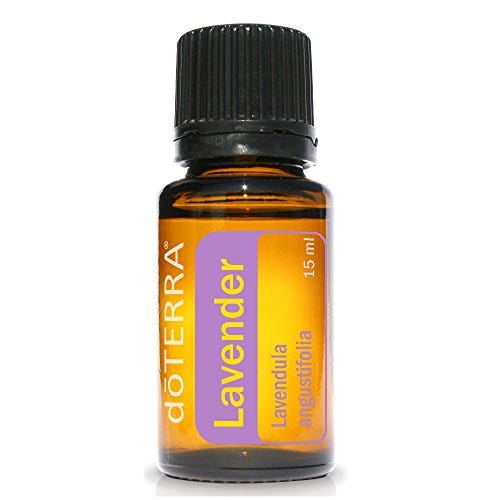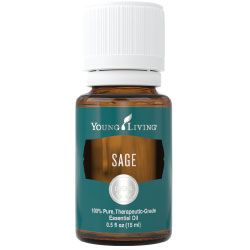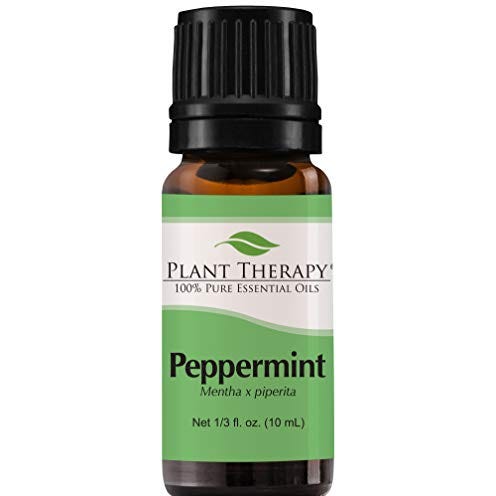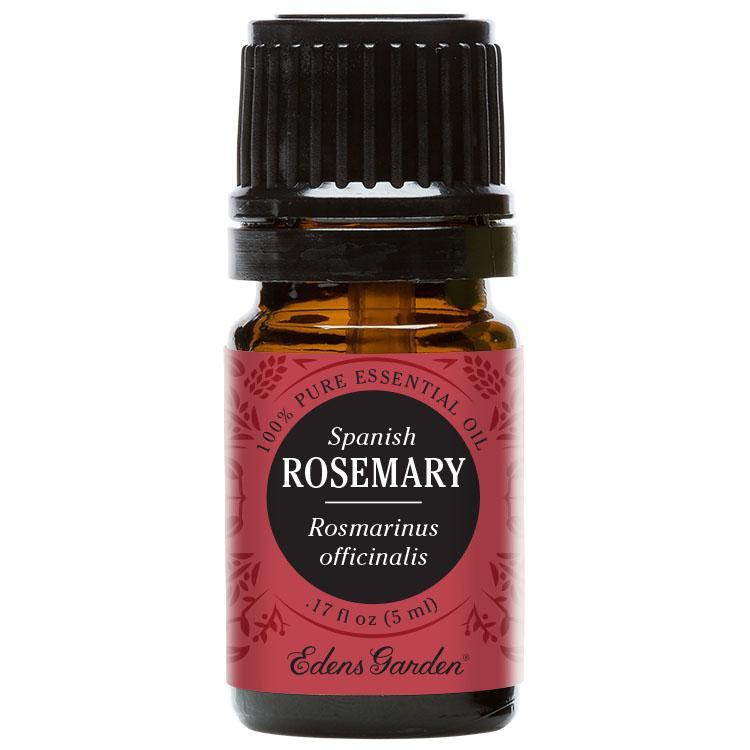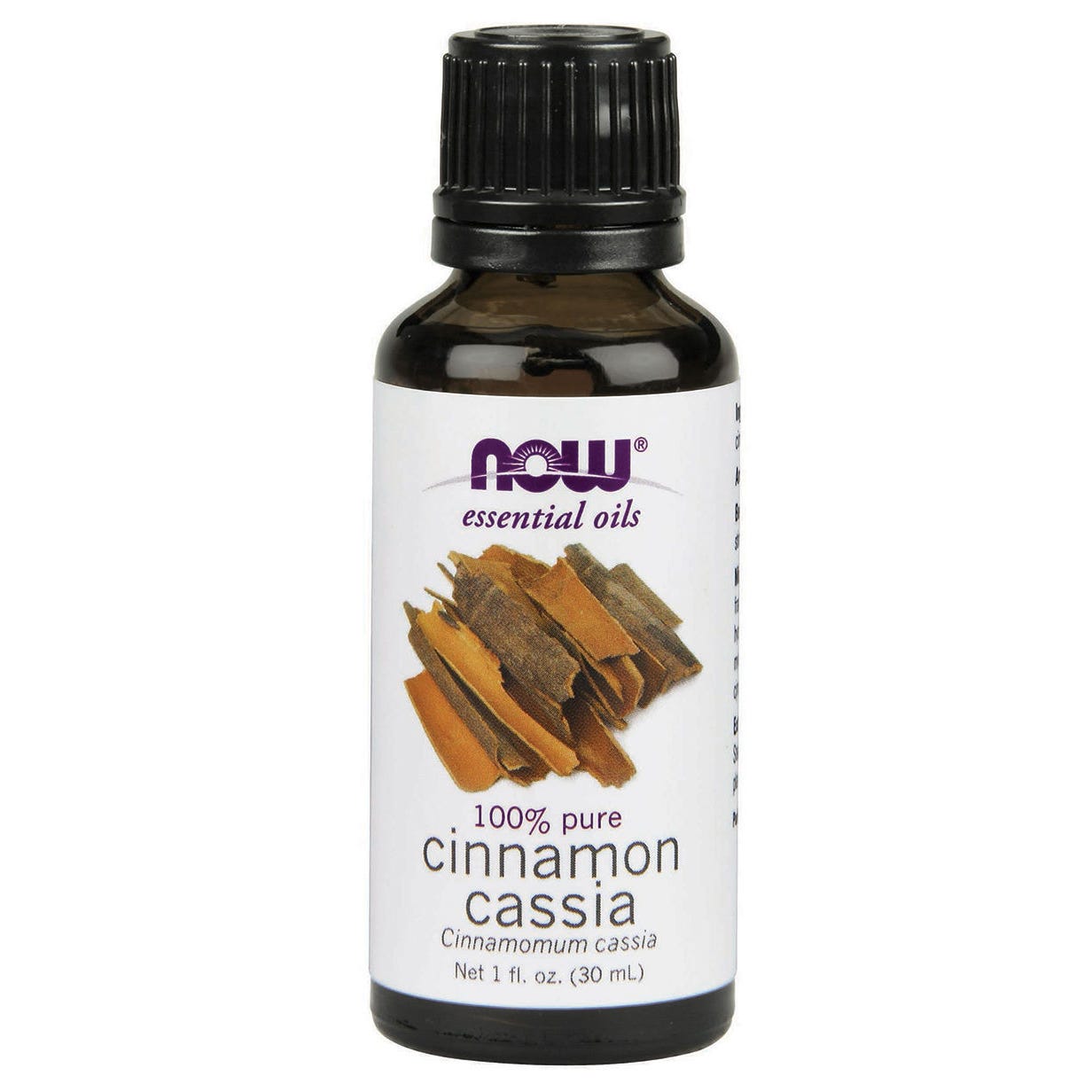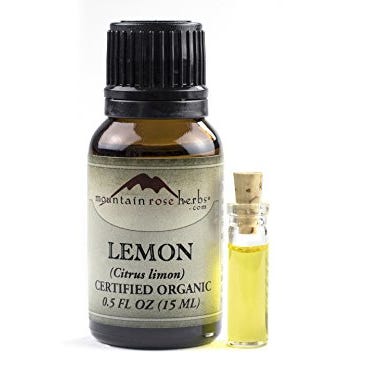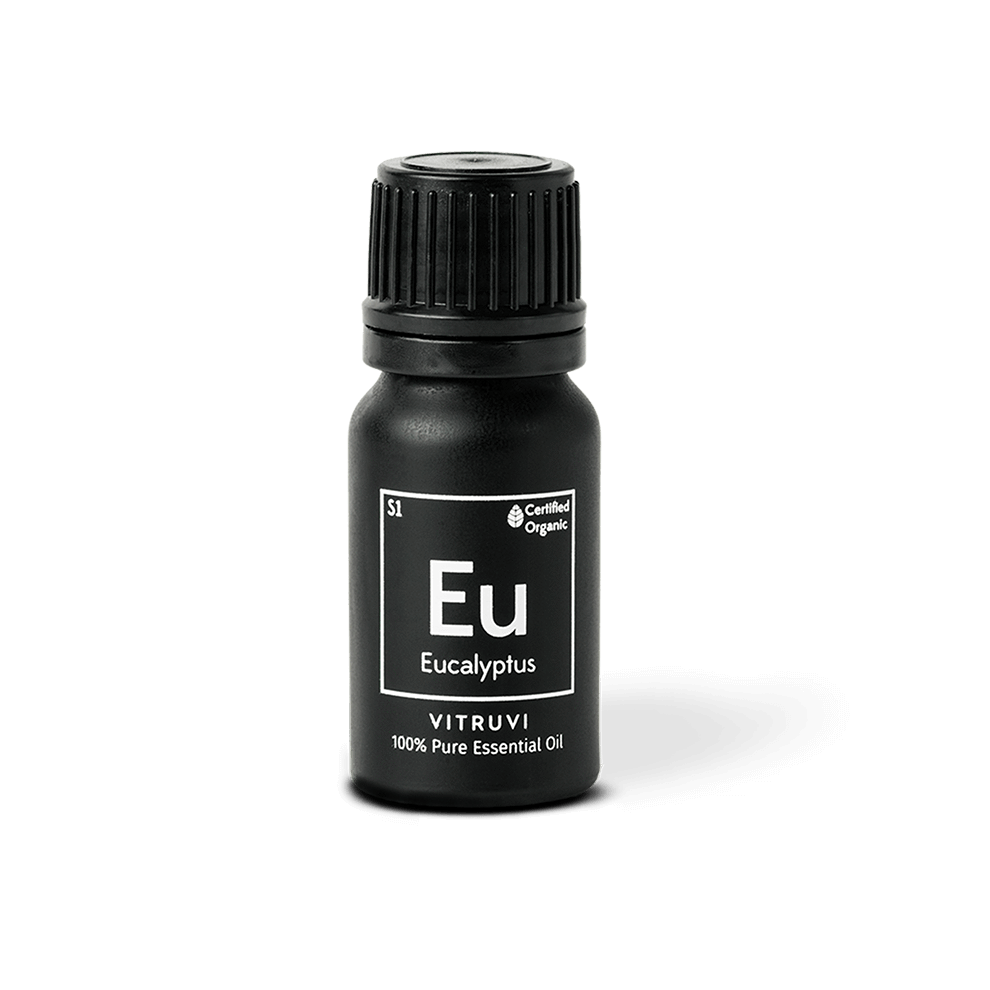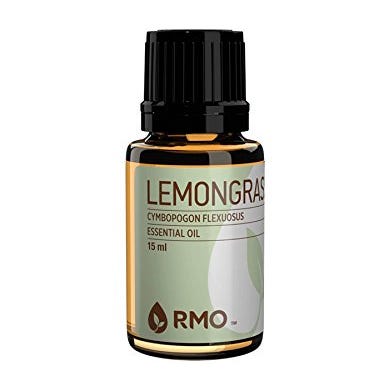No longer just the domain of new-age spas and hippie enclaves, essential oils have become big business. The plant-extracted, highly concentrated liquids have historically been selling points in beauty and cleaning products—and now research proves that when inhaled properly, they’re also good medicine, says Dr. Brent Bauer, MD, director of the Complementary and Integrative Medicine program at the Mayo Clinic. Yep, that’s right—aromatherapy is actually legit good for you. You just have to find the best essential oils for what ails you.
So, how does aromatherapy work?
“Research shows that, when inhaled, essential oils activate your brain’s hypothalamus, which controls hormones, energy, and drive,” says Illup Louis Gravengaard, a director of alchemy at I AM Enlightened Creations, an aromatherapy and healthy-lifestyle company. Different essential oils trigger different responses in the brain, which, in turn, directs your nervous system to, say, chill out or spring into action.
The findings are promising (imagine swapping pills for scents!), but they come with a few caveats: First, they’re widely untested (read: there’s not a whole lot of research out there). Also, you should use them judiciously. “Whatever is powerful enough to exert a beneficial effect in the body is powerful enough to exert a negative effect,” says Bauer. Essential oils release volatile organic compounds (VOCs), off-gases often linked to paints and pesticides. (Some VOCs are more hazardous than others, and “volatile” just means a substance can evaporate.) So while, for instance, moderate exposure to the best essential oils can be heart-healthy, prolonged exposure can pose cardiac risks.
What’s the best way to use essential oils?
The key is staying within a 15-to 60-minute sweet spot—never breathe in essential oils for more than one hour at a time. Always follow the instructions on the bottle, and if you are taking any medications or suffer from a chronic health condition, ask your doctor before you start practicing aromatherapy. Just as with any other medicine, essential oils must be used correctly to yield huge health rewards.
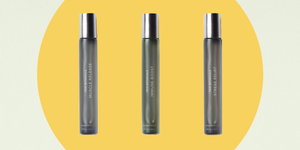
A diffuser is the most effective way to unleash the best essential oils into the air, but if you don’t have one (they run from $25 to $200), you can drip oil into a bowl of steaming hot water. In either case, use one or two drops of one oil at a time. Stand a few feet away and take 10 deep breaths, then breathe normally. If you stick within the safe time limit and open a window when you’re done, you can practice aromatherapy every day. (At work or, say, in your car? Place one drop of one oil on a cotton ball, put it under your nose, and inhale normally for one to two minutes.)
One thing to keep in mind: Since they’re not yet FDA-regulated, the essential oils on store shelves may not be the real thing, says essential-oil expert Megan Schwarz, creator of the blog Seed to Serum. Follow these tips to make sure you purchase genuine products, then start shopping with our picks below.
- Beware the blanket aromatherapy label, often slapped on diluted oils laced with synthetic fragrances.
- Look for 100 percent pure and organic oils free of fillers, pesticides, and synthetic chemicals.
- If a label says therapeutic grade or steam distilled, even better.
- Most essential oils have long shelf lives—more than a year if stored in a cool, dry place. If the shop you’re in is hot or humid, buy elsewhere.
1. Lavender
Use it: For better sleep
The OG best essential oil for relaxation, research shows lavender can help people sleep better and wake up more refreshed. And according to The National Sleep Foundation, lavender has been shown to reduce anxiety, making it clutch for nights when racing thoughts are keeping you awake.
Bonus perks: Lavender is associated with lower blood pressure, heart rate, and skin temperature.
2. Clary Sage
Use it: To reduce blood pressure
In a July 2013 study, women who smelled clary sage experienced reduced blood pressure and breathing rates; they were also able to relax during a stressful medical exam.
Bonus perks: Helps amp up memory and attention
3. Peppermint
Use it: To wake up
Research shows that breathing in peppermint can make people feel more alert and can boost their memory.
Bonus perks: Reduces both fatigue and (score!) chocolate cravings
4. Orange
Use it: To decrease anxiety
A study found that women who sniffed it during labor (a.k.a. arguably the most nail-biting experience of a woman’s life!) were less anxious.
Bonus perk: May help with PTSD, according to one study.
5. Rosemary
Use it: To enhance brainpower
Breathing in rosemary can improve speed and accuracy during demanding mental tasks, per a 2012 study. Other research found its scent left people feeling refreshed and mentally stimulated.
Bonus perks: Boosts energy; lowers fatigue
6. Cinnamon
Use it: To boost focus
It may stoke the area of the brain that governs alertness. For example, research found that drivers were more focused and less flustered after breathing in cinnamon-oil scents.
Bonus perks: Increases concentration; reduces frustration
7. Lemon
Use it: To improve mood
When life give you lemons, sniff! Research shows oil from the fruit’s peel may enhance mood. In a study published in Psychoneuroendocrinology in 2008, for instance, researchers found that inhaling the aroma of lemon essential oil was more effective in improving mood than aromatherapy involving the use of lavender essential oil.
Bonus perks: Eases anxiety and stress.
8. Eucalyptus
Use it: To stop sniffling
Combat congestion with eucalyptus oil; it reacts with mucous membranes, reducing mucus. But be aware: Eucalyptus oil is strong, so you only need one or two drops.
Bonus perks: Promotes mental clarity and soothes headaches.
9. Bergamot
Use it: To achieve maximum chill.
In one small study, women who inhaled bergamot had lower levels of saliva cortisol (a.k.a. the stress hormone). The scent also helped patients in a mental health treatment center feel most positive, according to a 2017 study.
Bonus perks: May boost mood.
10. Lemongrass
Use it: To curb worry.
People in one study who were exposed to lemongrass essential oil immediately saw anxiety and tension level slashed, and they recovered more quickly from a stress-inducing situation compared to those who didn’t inhale the scent.
Bonus perks: Helps keeps insects away.
Source: Read Full Article
